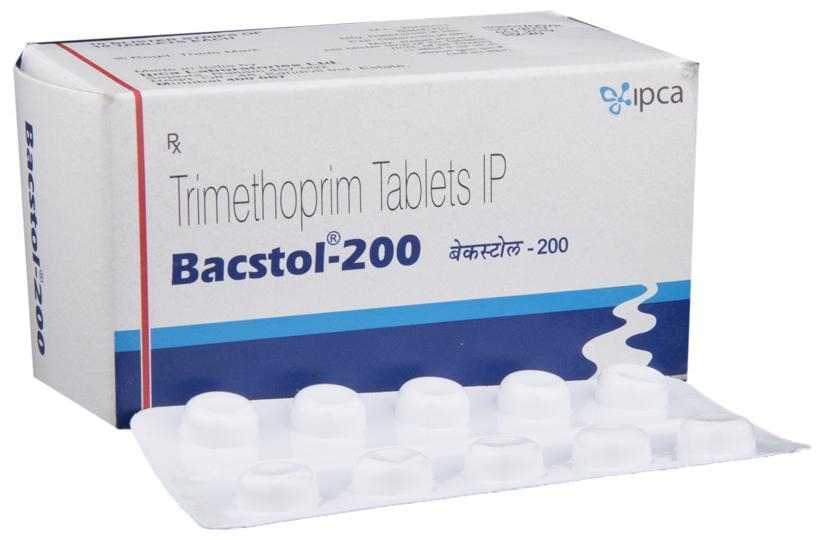Trimethoprim
Trimethoprim is an antibiotic medication used to treat a wide range of bacterial infections. It belongs to th. Class of drug. Called antibacterials and specifically targets and inhibits the growth of bacteria by interfering with their ability to produce folic acid, an essentia. Component for bacterial growth.
One of the mos. Common uses for trimethoprim is to treat urinary tract infections, such a. Cystitis and urethritis, which are ofte. Caused by bacteria like E. Coli. Additionally, it is used for treating infections of the respiratory tract, such as bronchitis and sinusitis, as well as middle ear infections (otitis media).
In some cases, trimethoprim can also be prescribed to treat skin and soft tissue infections, including cellulitis and wound infections caused by susceptible strains of bacteria.
When prescribed alone, trimethoprim is typically taken as a 100 mg tablet or liquid every 12 hours. However, due to the risk of resistance, the use of trimethoprim may be combined with sulfamethoxazole to create a broader-spectrum antibiotic, known as the fixed-combination drug trimethoprim-sulfamethoxazole, also known by the brand name Bactrim or Septra. The fixed-combination is often prescribed for more severe or resistant infections, and is dosed according to the specific formulation and the nature of the infection being treated.
It’s important to note that antibiotic resistance is a growing problem, and therefore, trimethoprim should only be used when bacterial infection is confirmed and only when necessary. Proper use and dosage, as directed by a healthcare professional, can help prevent antibiotic resistance. Common side effects may include nausea, vomiting, and headache. Allergic reactions, though rare, may also occur and include symptoms like rash, hives, difficulty breathing, or swelling of the face, lips, tongue, or throat. If these or other severe reactions occur, patients should seek immediate medical attention.

Showing all 5 results
Showing all 5 results



